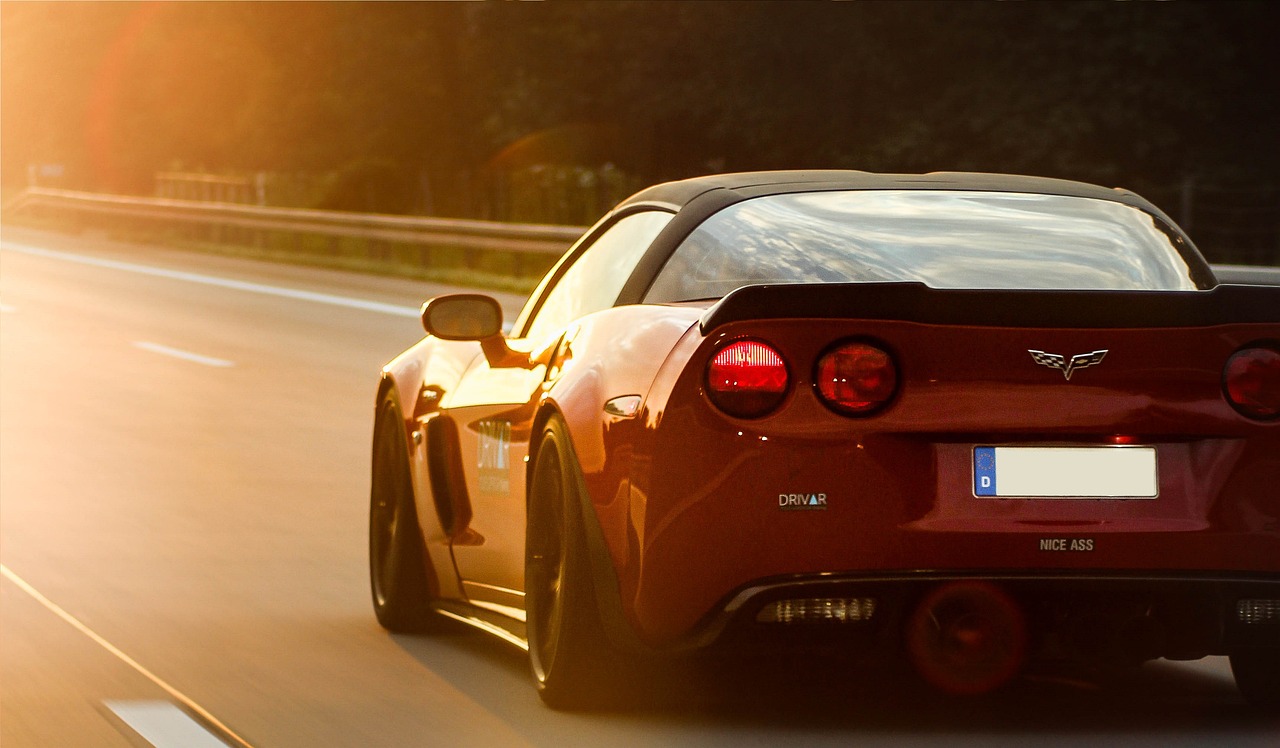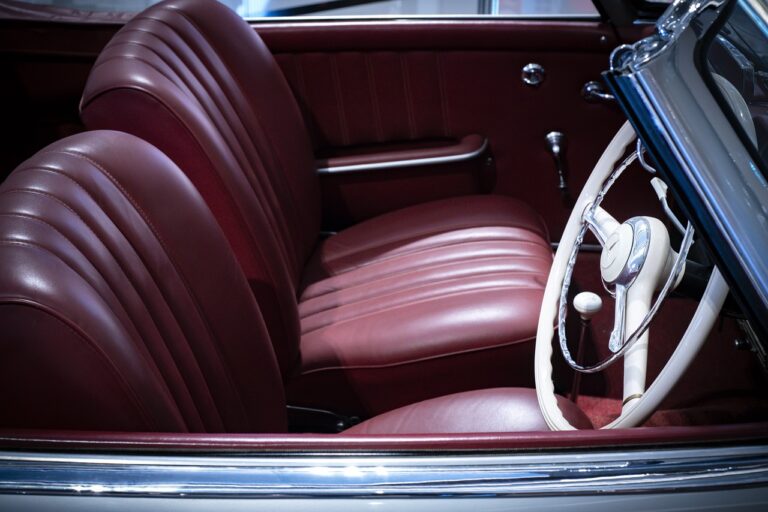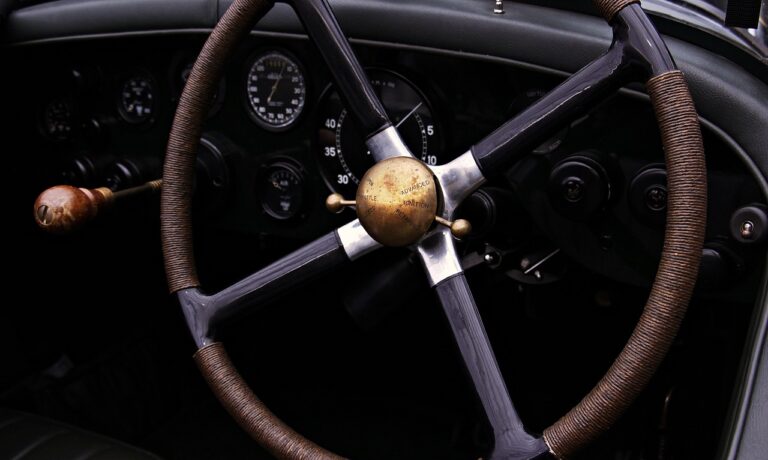Exploring the Emotional Attachment to Classic Cars
Classic cars have a rich history that dates back to the early 20th century when automobiles first became available to the public. These early models, such as the Ford Model T and the Cadillac Type 53, laid the foundation for the development of classic cars as we know them today. As technology advanced, car manufacturers began to experiment with new materials and designs, leading to the creation of iconic vehicles like the Chevrolet Bel Air and the Volkswagen Beetle.
Throughout the years, classic cars have continued to captivate enthusiasts with their timeless appeal and unique design elements. From the sleek curves of the Chevrolet Corvette to the powerful engines of the Dodge Charger, each classic car tells a story of the era in which it was created. As these vehicles have evolved over time, they have become more than just modes of transportation – they are symbols of nostalgia, craftsmanship, and innovation.
The Role of Nostalgia in Classic Car Ownership
Nostalgia plays a pivotal role in the world of classic car ownership. For many enthusiasts, owning a classic car is not just about possessing a vehicle but about holding onto a piece of history, a connection to a bygone era. The sight, smell, and feel of a classic car can transport owners back to a time when things were simpler, lending a sense of comfort and familiarity in the fast-paced modern world.
In addition to personal nostalgia, classic cars also hold cultural significance. They represent a specific point in automotive history, showcasing design trends, technological advancements, and societal values of the past. Owning and preserving a classic car is a way for individuals to pay homage to the craftsmanship and ingenuity of earlier generations, preserving a tangible link to the past for future generations to appreciate and enjoy.
• Classic cars evoke a sense of nostalgia for owners, connecting them to a simpler time
• The sight, smell, and feel of a classic car can transport owners back to the past
• Classic cars hold cultural significance by representing specific points in automotive history
• Owning and preserving classic cars pays homage to craftsmanship and ingenuity of earlier generations
The Cultural Significance of Classic Cars
Classic cars hold a special place in the hearts of enthusiasts around the world. These vintage vehicles are not merely modes of transportation but cultural icons that evoke a sense of nostalgia and admiration. From the iconic designs of the 1950s to the muscle cars of the 1960s, classic cars represent a timeless aesthetic that transcends generations.
Owning and restoring classic cars is not just a hobby; it is a way to preserve a piece of history and keep the tradition of craftsmanship alive. The dedication and passion that classic car owners pour into their vehicles speak to a deeper connection with the past and a desire to honor the legacy of automotive engineering. In a fast-paced world dominated by modern technology, classic cars serve as a reminder of a simpler time when the open road represented freedom and adventure.
What makes a car considered a classic?
Generally, a car is considered a classic if it is over 20 years old and has maintained its original design and features.
Why do people collect and restore classic cars?
People often collect and restore classic cars for the nostalgia they evoke, the appreciation of craftsmanship and design, and the sense of preserving automotive history.
How do classic cars contribute to cultural heritage?
Classic cars are seen as symbols of a bygone era and can represent different aspects of cultural history, such as technological advancements, design trends, and societal values.
Are classic cars still relevant in today’s automotive industry?
While classic cars may not be as prevalent on the roads as modern vehicles, they continue to hold a special place in the hearts of enthusiasts and collectors, contributing to the diversity and richness of the automotive world.







